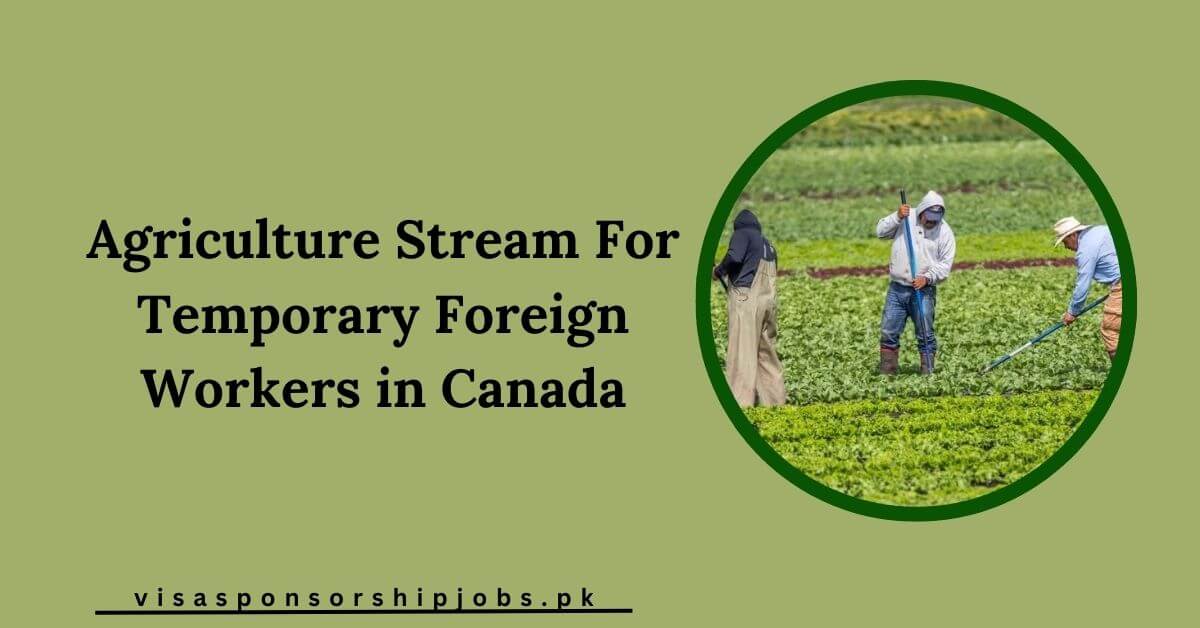Canada Alterations Seamstress Jobs 2025 – Apply Now
The prospering fashion, retail, and tailoring industries in Canada are the primary drivers of the increasing demand for Alterations Seamstresses in 2025. Seamstresses are essential in the restoration of garments and the improvement of fit, regardless of whether they are employed by high-end fashion boutiques, apparel stores, dry cleaners, or as freelance professionals. Employers are increasingly providing visa sponsorship for skilled workers in this industry, particularly in regions such as Ontario, British Columbia, and Quebec, where the demand for these services is high.
Check Also: Rural and Suburban Mail Carrier Jobs In Canada – Apply Now

Job Title:
The Bridal Center is situated at 1240 73rd Avenue SE in Calgary, Alberta, T2H 2V5. Currently, candidates are being sought for the position of Alterations Seamstress.
We are in search of an individual who possesses exceptional discipline and interpersonal skills. It is anticipated that the selected candidate will commence employment immediately. Permanent, full-time employment opportunities are available.
The shift plan specifies specific periods for the day, evening, weekend, and morning.
In Canada, your responsibilities as an alterations seamstress will encompass the modification, mending, and resizing of clothing to accommodate the requirements of the consumer. This guide will examine the career prospects, criteria, and application process for alterations seamstress positions in Canada, regardless of your level of experience or desire to enhance your skills.
Continue reading to advance your tailoring career.
Duties:
Apart from the physical challenges they face, dressmakers, milliners, furriers, and tailors play the following main duties and responsibilities:
Alternators, tailors, dressmakers, and alternators
- You will design jackets and suits that are tailored to the specifications and measurements provided by apparel manufacturers and customers.
- You will design, select, and/or modify commercial patterns in accordance with the requirements of garment manufacturers and customers.
- Additionally, you will be responsible for cutting, marking, and stitching the fabric.
- Additionally, you will utilize sewing machines or your own hands to modify, repair, and adjust products to meet consumer requirements.
Criteria:
- Candidates must initially demonstrate proficiency in the English language.
- Secondly, employers prioritize candidates who possess relevant experience.
- Third, the applicant should be aware of the customer’s requirements and priorities.
- Additionally, an applicant must demonstrate proficiency in social situations.
- Additionally, the candidate should possess a high level of communication skills.
- Additionally, the candidate must be adaptable and possess strong organizational abilities.
- The candidate must also possess the ability to operate independently and take initiative.
- Finally, the applicant must demonstrate their cooperative qualities and strong teamwork skills.
Benefits:
- Demand and Job Stability:
The demand for alterations services is on the rise as the fashion and retail industries in Canada continue to expand. Skilled professionals are sought by numerous customers to adjust their apparel, thereby guaranteeing consistent job availability. - Compensation That Is Competitive:
Seamstresses in Canada typically earn between CAD 16 and CAD 25 per hour, contingent upon their location and level of experience. Those who are employed in high-demand areas or are experienced professionals may earn even more. - Prospects for Professional Development:
Seamstresses may advance to supervisory positions or establish their own tailoring enterprise as they accumulate experience. Additionally, there are opportunities to specialize in areas such as costume design, custom tailoring, or bridal dress alterations. - Work Hour Flexibility:
Numerous alterations seamstress positions provide the flexibility of full-time or part-time work. Freelancing opportunities also provide the flexibility to manage one’s own hours, which is a compelling proposition for individuals who are striving to achieve a harmonious work-life balance. - Expertise and Skill Development:
Working as a seamstress enables you to consistently enhance your sewing and tailoring abilities. You will acquire the skills necessary to manipulate a diverse array of fabrics, operate a variety of stitching machines, and execute a diverse array of garment alteration methods. - Possibility of Employment in a Creative Sector:
This position offers a chance to work creatively if you have a passion for design and craftsmanship. You have the ability to modify garments, transform them, and even work on high-end designer items.
How To Apply for Canada Alterations Seamstress Jobs?
If you would like to apply, kindly click the application link below.
Frequently Asked Questions:










